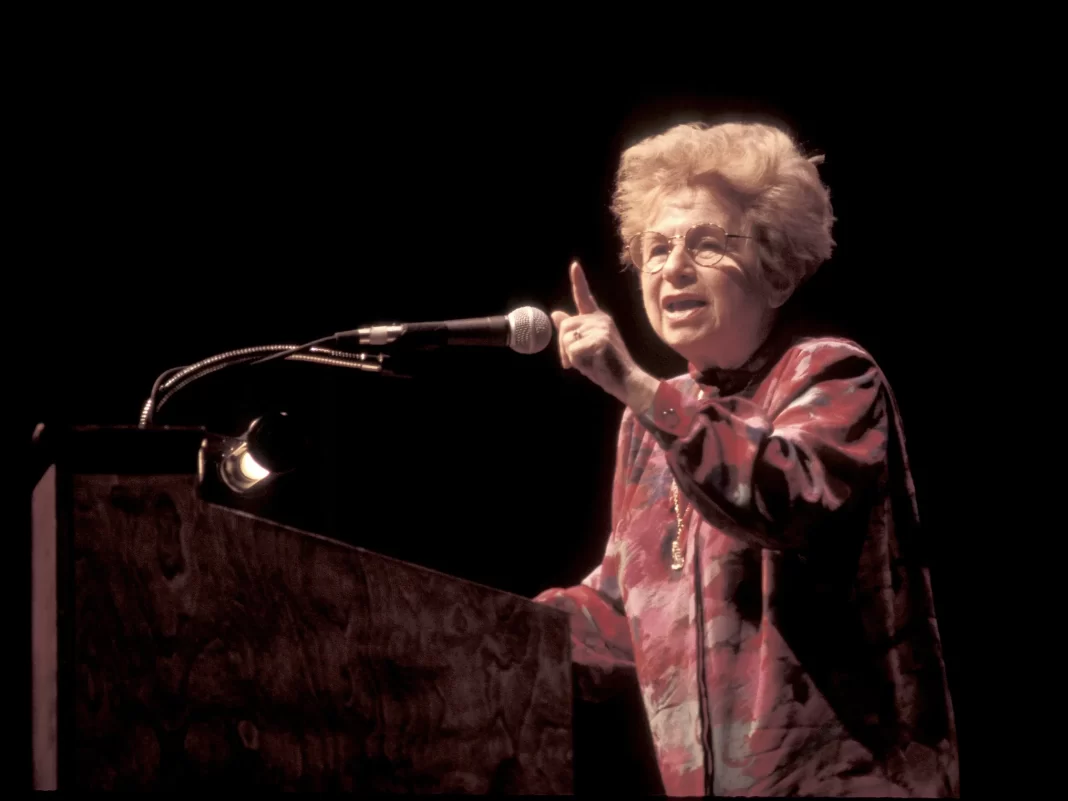I’ve been devouring sex scenes in books since I was a kid—and way too young to be anywhere near my aunt’s copy of Flowers in the Attic—with favorites ranging from Susan Choi’s protagonist Regina Gottlieb seducing an older, married woman in the novel My Education to Andrea Lawlor’s portrayal of drug-fueled queer and trans hookups in Paul Takes the Form of a Mortal Girl. Yet, as someone who has spent much of her professional life writing for the internet, for years, I felt uncomfortable writing about sex myself.
To be fair, I don’t think I actually tried to write about sex until I was in my 20s; I remember drafting a sex scene between two married lesbians (a full four years before I would come out as queer) for one of my fiction classes in college, only to be gently told by a classmate that “the intimacy between them just doesn’t seem believable.” At the time, I was humiliated, but now I think: How could it have been believable? I had next to no experience with good, communicative sex, and no experience at all with queer sex. All I had to go on, in the end, was Dr. Ruth.
Ruth Westheimer, the German American Jewish sex therapist who began going by “Dr. Ruth” after years of dispelling practical, friendly advice on the radio and on her monomymous talk show, died last Friday at the age of 96, and the world will remember her as one of the first public-facing therapists who made the topic of sex feel accessible and engaging rather than merely taboo or salacious.
Westheimer studied at Columbia University and Cornell Medical School, but her approach to her field was never clinical; she spoke openly about everything from contraception to G-spot orgasms to sexual fantasies with the humor and good cheer of a favorite grandmother (albeit an unusually kink-positive one).
Although I didn’t quite clock the singular significance of Westheimer’s persona when I was first watching reruns of her show as a kid (generally, while home sick from school), I knew there was something unique about her willingness to be upfront and even playful about sex, a topic my peers and I were endlessly curious about, but that most of the adults I knew avoided like the plague, or seemed deeply amused by whenever it did come up. (I can’t be the only 30-something who came of age during the Clinton era, eavesdropping on grown-up dinner parties and wondering what was so hilariously funny about a cigar and a blue dress.)
Westheimer was a Holocaust survivor who grew up in Nazi Germany and lost her father in Auschwitz; she was never hugged as a child after being sent off to Switzerland for safety on the Kindertransport at age 10. I don’t want to play armchair psychologist (especially while reflecting on the legacy of one of the best to ever do it), but it’s not hard to see why someone who experienced that kind of neglect and lack of touch might seek to answer questions about sexuality and physical contact as an adult.
Of course, given her outsize presence in the public sphere, it’s easy to forget that Westheimer was a real person, not a symbol. As such, not all of her advice or her personal philosophies were perfect; even as a longtime fan, I have personally wrestled with her ardent Zionism and past as an Israeli soldier. Nonetheless, I can’t help but be grateful for the tools and perspectives Westheimer has given me. I’m growing more comfortable writing about sex these days, after years of talking freely and openly about the subject with my friends—and I know that those seeds of self-acceptance and liberation were planted, at least in part, by Westheimer.

